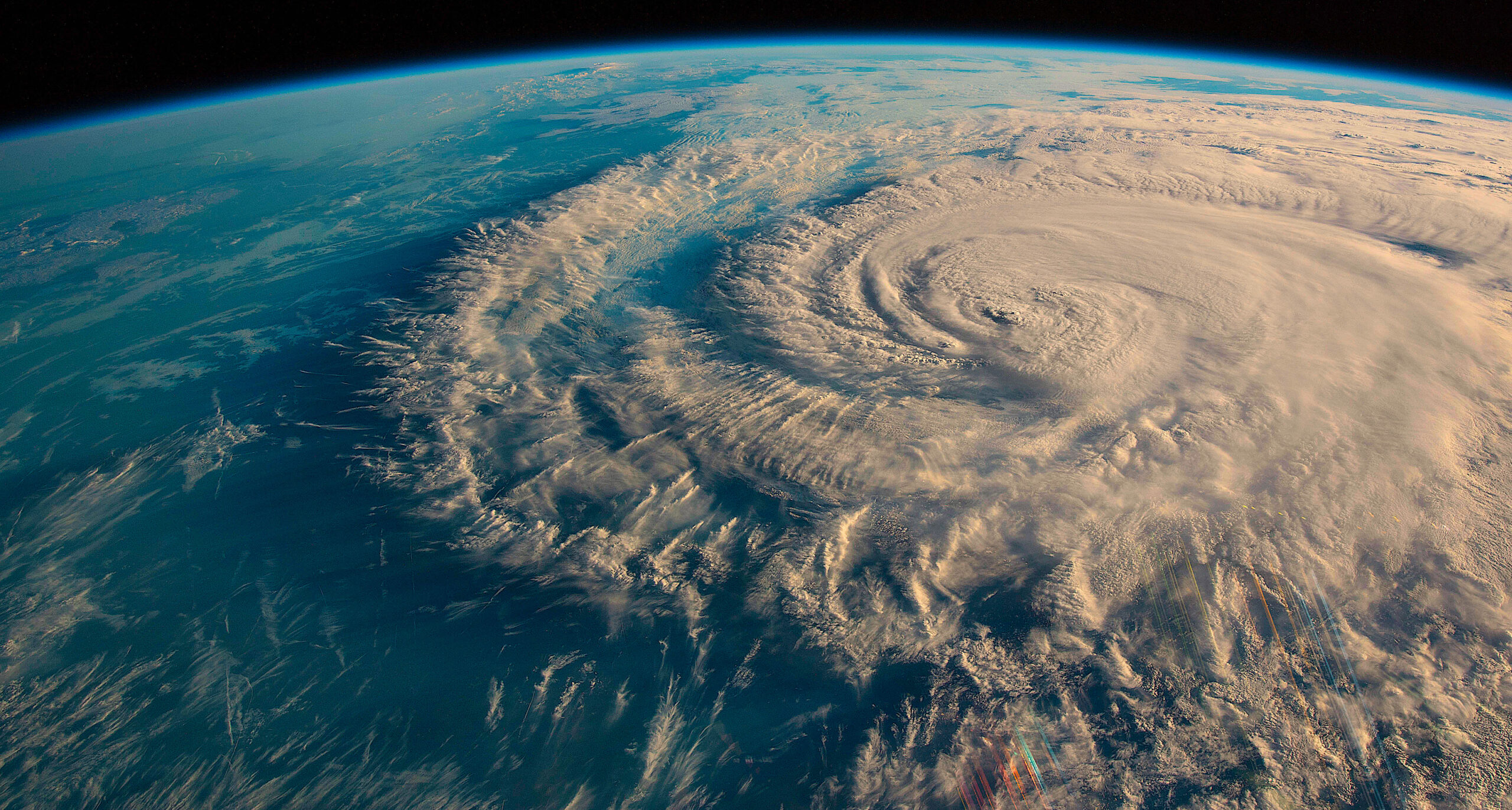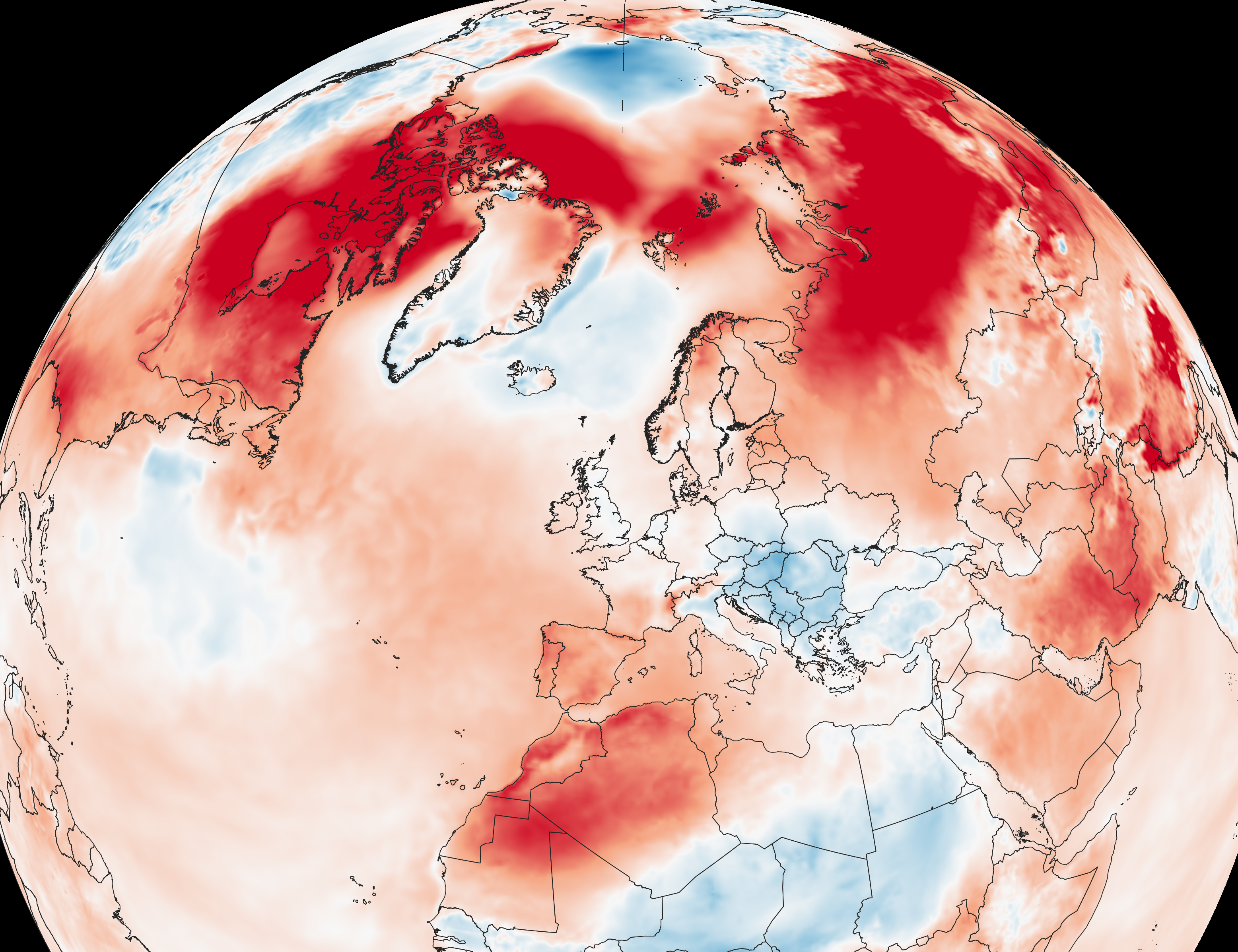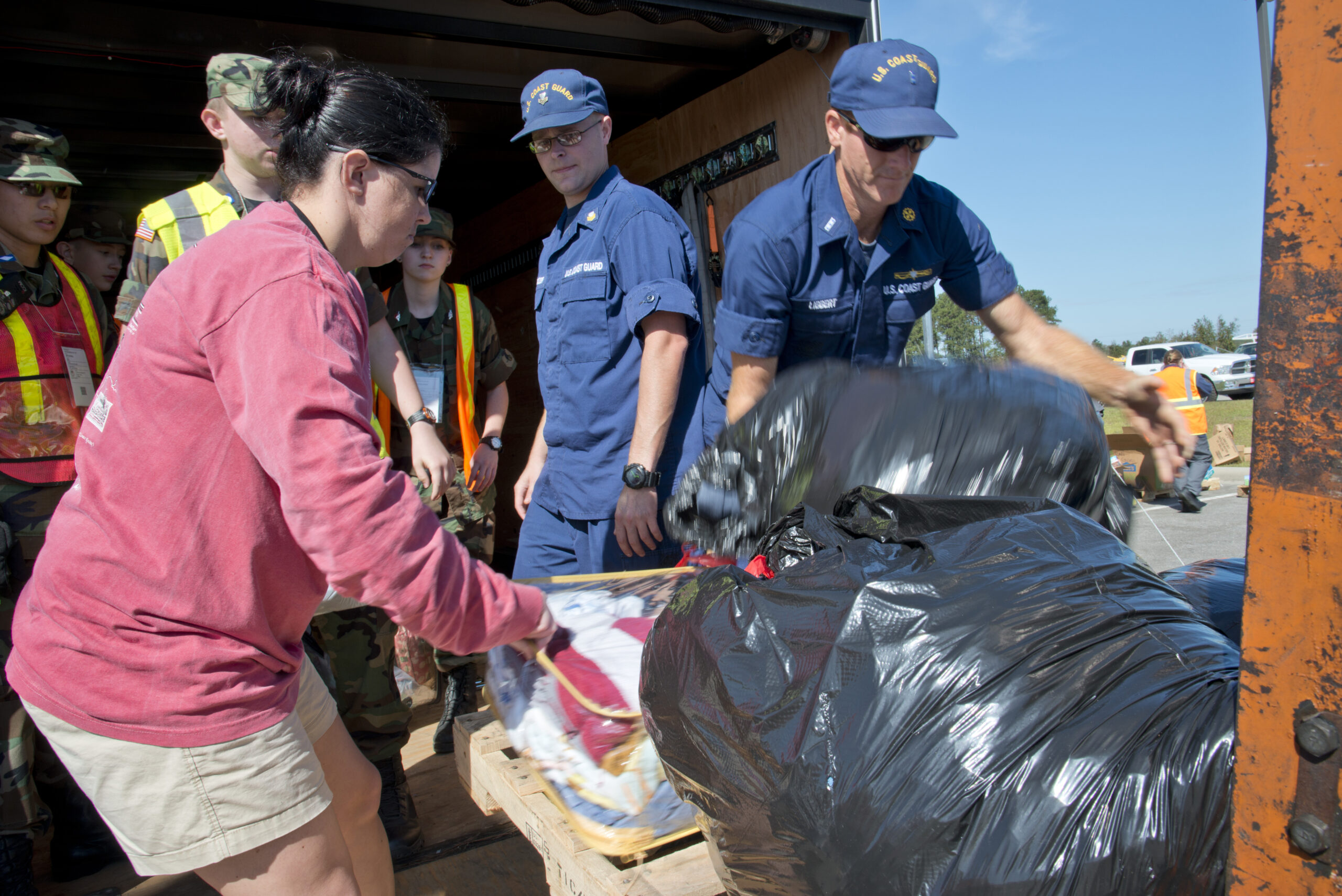50-year Trend in Atlantic Hurricane Escalation
Warming Waters

“More than 90 percent of the warming we’re seeing from human-caused greenhouse gases goes into our oceans.”
New research from Rowan University climate scientist Andra Garner shows changes to Atlantic hurricanes over the past 50 years, with storms developing and strengthening faster.
Garner documented in Nature Scientific Reports how intensification rates from Atlantic hurricanes have increased from 1971 to 2020, as human-caused greenhouse gas emissions have warmed the planet and its oceans.
More recent Atlantic hurricanes develop faster from a weak Category 1 hurricane to a major Category 3 or stronger system than they did between 1970 and 1990, and that includes a greater likelihood of strengthening faster along the East Coast. Garner showed that from 2001 through 2020 (the “modern era”), hurricane intensification rates were up to 28.7% greater than from 1971 through 1990 (the “historical era”).
“The number of times that hurricanes strengthen from a Category 1 storm (or weaker) into a major hurricane (Category 3 or greater) within 36 hours has also more than doubled in the modern era relative to the historical era,” says Garner.
Ever-warming ocean waters are especially troubling because tropical storms feed off energy in ocean water, she adds, and the warmer the water, the greater the amount of energy that storms can draw.
Garner says September’s Hurricane Lee, a Category 5 that was the third-fastest intensifying storm in recorded history, virtually exploded because of the unnaturally warm Atlantic waters.
“More than 90 percent of the warming we’re seeing from human-caused greenhouse gases goes into our oceans,” she explains. “The increase in the number of times hurricanes turned from Category 1 or weaker to a major storm is particularly concerning, since major hurricanes often produce the most damage in our coastal communities.”
Ultimately, she says, proof of intensifying hurricanes as the planet has warmed should serve as a warning. “If we don’t make some pretty big changes and rapidly move away from fossil fuels, this is something we can expect to see worsen in the future.”
Garner adds that better communication methods are necessary to warn at-risk communities because of the difficulty in predicting when hurricanes will strengthen.
AAAS published an earlier version of this story:
“New Study finds 50-year trend in hurricane escalation linked to climate change”
Stephen Levine has 16 years of experience as an assistant director of media and public relations at Rowan University in Glassboro, New Jersey.
- Categories:


